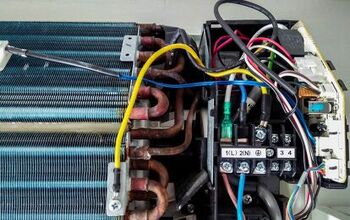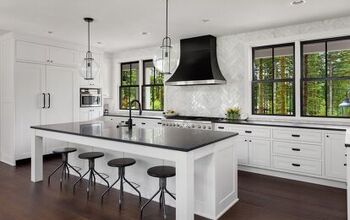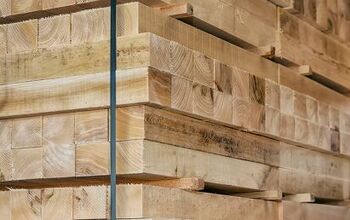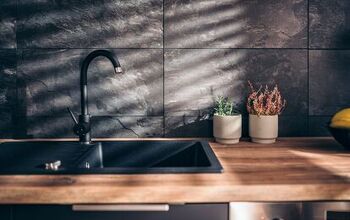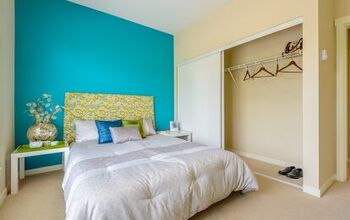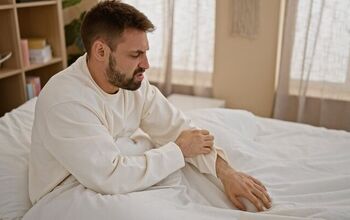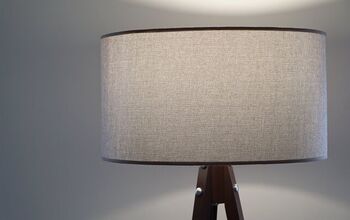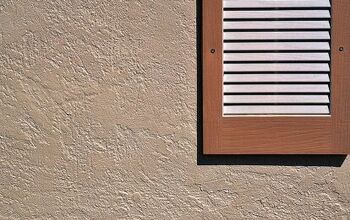Eight Security Tips Before Leaving Your Vacation House For The Season

Leaving your vacation house for the season is a bittersweet feeling. On the one hand, you anticipate going back next season, and on the other, you may worry about security issues. That’s why we assembled a thorough list of security tips to consider before you leave your vacation house for the season.
Install cameras and scatter motion-activated lights around the property at your vacation house during the off-season. Secure your doors and replace damaged, worn windows with impact-resistant glass to secure the entry points. It’s also important to change your shipping address to your primary residence, so unclaimed packages don’t pile up at your vacation house.
Nurture a good relationship with your neighbors, so they can keep an eye on your vacation house when you’re gone. It’s better to be safe than sorry. Follow along as we highlight eight security tips to keep in mind when you leave your vacation house.
How To Secure Your Vacation Home During The Off-Season
1. Inspect For Security Oversights
You’ve likely had a great time at your vacation house this season, and security may have been the last thing on your mind. However, it’s important to focus on home security before you leave your vacation house for the season. Carefully inspect your vacation house for common weak points in security and correct them before leaving.
For example, it’s always a bad idea to hide a spare key on your property. Many criminals count on homeowners to leave spare keys under outdoor furniture. Vulnerable windows and outdated, worn doors are also common weak points in home security.
It’s also worth inspecting your burglar alarm system to see if it’s outdated. Replace your alarm system if it’s over 10 to 15 years old and doesn’t work as well as it used to. Promptly install a security system before you leave your vacation house for the season if you never had one to begin with.
2. Use “Vacation Mode Lighting”
Naturally, many criminals prey on houses that look empty, as they feel like they can get away with anything. For example, someone may break into your vacant vacation house if all the lights are off at night, or for days on end. You can combat this and avoid this problem if you invest in a smart lighting system with “vacation mode”.
“Vacation mode” lets you program the lights to turn on for a period of time to make it seem as if the house is occupied. This is a great idea if you plan to be gone for the season, or even just a few days at a time. Most smart lighting systems give users plenty of freedom and options to program the lights on a specific schedule.
For example, you can set the lights to turn on at various points throughout the day. Would-be burglars are less likely to break into a house that looks occupied, as that carries home invasion charges, which are worse than burglary charges. Don’t worry about running up a high power bill, as the lights won’t stay on all day.
3. Fortify Entry Points
Your vacation home is only safe while you’re gone if all the entry points are secure. Of course, that includes your garage and door, but it also includes windows. Don’t neglect your windows, as they’re just as easy to break into, if not easier, than your doors.
It’s worth the cost to install impact-resistant windows to prevent break-ins. Double-hung windows can also help secure your vacation home and protect against break-ins. Durable windows also come in handy during extreme storms, as they can withstand flying debris and hail.
Solid wood, steel, and composite doors are the most secure. Naturally, steel doors are expensive, but they can withstand high impact and extreme force. Smart locks and deadbolts can also help you fortify the entry doors in your vacation home.
4. Re-Route Packages
You can accidentally put yourself at risk of property crimes if you order packages to be sent to your vacation house while you’re gone. This is an easy mistake if you set your vacation house address as your primary location during the summer. Some people forget to change their address when they return to their primary house after the season and accidentally send packages to the wrong house.
Once this happens, packages will sit at your vacation house, and nobody can claim them. Porch pirates may see the package and take the opportunity to steal it. That’s why you must change your address for online orders and re-route your address to protect your packages.
Set a reminder or write a note to yourself to change your address on your accounts before leaving your vacation house. The more packages pile up, the higher the risk of theft and even burglaries. Otherwise, you can ask your neighbors to collect your packages until you can retrieve them.
5. Install Cameras
Home security cameras are more common than ever, and that’s because of how cheap and accessible they are. Previously, you mostly only saw wealthy homeowners install security cameras at their homes. Now, anyone can mount security cameras to monitor their properties, whether they’re home or not.
The key is to mount your security cameras in areas where would-be burglars can easily see them. That way, they may think twice about whether it’s worth breaking into your house. Your home is up to 300% safer with security cameras, according to ADT.
Ideally, you should mount your security cameras near entry points, like your garage and doors. It’s worth getting security cameras that have motion-activated lights as well. That way, you can startle potential burglars and make them leave your property.
6. Talk To Your Neighbors
While you can’t ask your neighbors to monitor your vacation home 24/7, they can at least look out for certain things. For example, you can let them know when you plan to leave the house for the season and eventually return. That way, they may notice when someone visits the house who shouldn’t be there.
It’s also a great idea to give your neighbors your contact information, such as your phone number and email address. They can contact you if they notice anything out of the ordinary, such as unknown cars in your driveway and suspicious activity. This also comes in handy if something goes wrong, such as a water main break, sprinkler malfunction, or fire.
7. Utilize Motion-Activated Lights
Security cameras with motion-activated lights can help secure your home, but you need more motion-activated lights than that. Ideally, you should scatter motion-activated lights throughout your yard and property. For example, you should install motion-activated lights on the walkways in your yard and the side of your house.
That way, nobody can try to sneak around your yard without getting surprised and reminded why it’s a bad idea. Motion-activated lights can also simulate occupancy while you’re away from your vacation house. As far as the would-be burglar knows, you’re the one who manually turned the light on.
8. Hire A Landscaper
An overgrown lawn and messy yard can make your vacation house look vacant. That’s the last thing you want if your house actually is vacant, so you must keep up with landscaping. Hire a landscaper or lawn service to make your house look occupied and keep your lawn in great shape.
That way, you won’t return to your vacation house with an unkempt lawn. Not only can that welcome pesky insects and even snakes, it will be hard to take care of when you’re in vacation mode.
Summing It Up
Invest in a smart lighting system and set it to “vacation mode” to simulate occupancy while your vacation house is vacant. It’s also important to install security cameras and motion-activated lights to deter burglaries and secure the house. Re-route your deliveries, so unclaimed packages don’t sit on your porch at your vacation house during the off-season.
Related Guides:

Nick Durante is a professional writer with a primary focus on home improvement. When he is not writing about home improvement or taking on projects around the house, he likes to read and create art. He is always looking towards the newest trends in home improvement.
More by Nick Durante










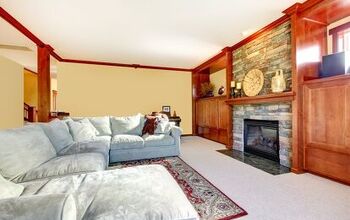
![10 Best Scroll Saws for 2022 [Ultimate Reviews & Buyer's Guide]](https://cdn-fastly.upgradedhome.com/media/2023/07/31/9070684/10-best-scroll-saws-for-2022-ultimate-reviews-buyer-s-guide.jpg?size=350x220)
